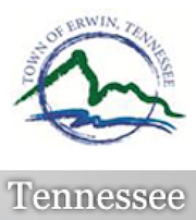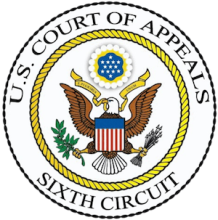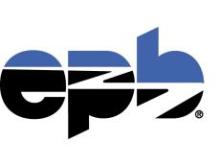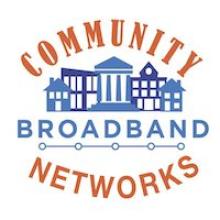Cool & Connected in "Little Gig City"
Few communities in Tennessee have next-generation, high-speed connectivity, but the city of Erwin built its own network despite Tennessee’s restrictions. Now through a collaboration of federal and regional agencies, this “Little Gig City” will get assistance showing off their fiber network.
The planning assistance program, called Cool & Connected, will provide direct assistance to Erwin to develop a marketing plan for the fiber network. Cool & Connected looks to promote the Appalachian communities by using connectivity to revitalize small-town neighborhoods and encourage vibrant main streets with economic development.
Federal and Regional Collaboration
U.S. Environmental Protection Agency Administrator Gina McCarthy explained the program in The Chattanoogan:
“Cool & Connected will help create vibrant, thriving places to live, work, and play. We’re excited to be working with these local leaders and use broadband service as a creative strategy to improve the environment and public health in Appalachian communities.”
Three governmental agencies have brought together the Cool & Connected program to provide planning assistance to ten chosen communities in six states near the Appalachian Mountains. Agencies partnering on the initiative are the U.S. Environmental Protection Agency’s Office of Sustainable Communities, the U.S. Department of Agriculture’s Rural Utilities Services, and the Appalachian Regional Commission through the Partnership for Opportunity and Workforce and Economic Revitalization (POWER) initiative.
The “Little Gig City” That Could










